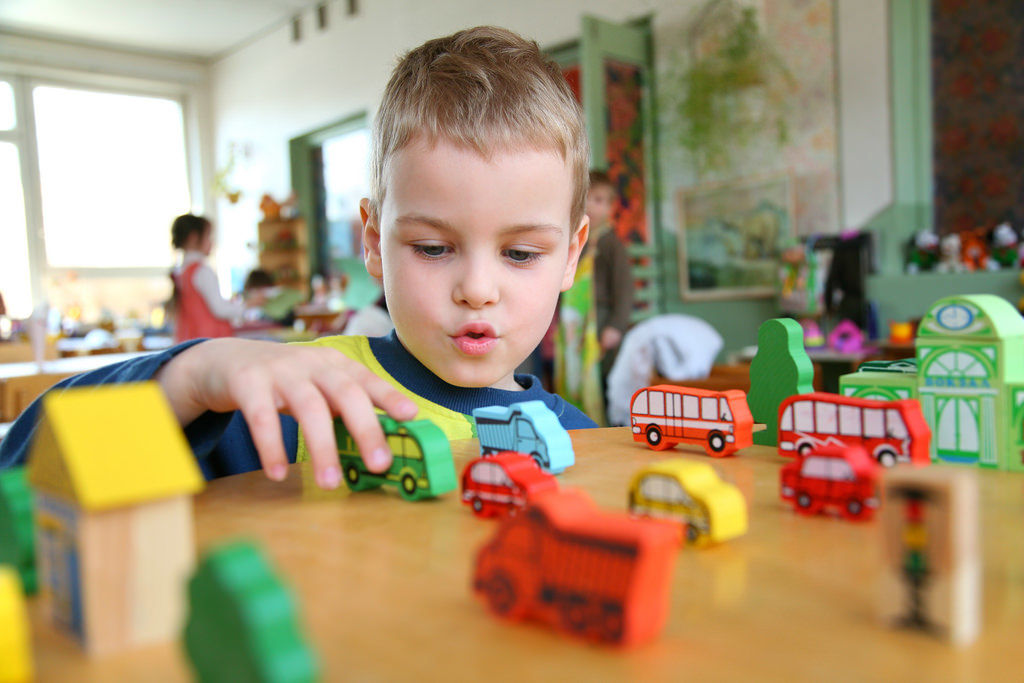Those who know me are already aware of my love of play in all its forms. This fits nicely within my work with children and families as play is the primary language of children, and therefore it makes sense that it is a strong element of any therapeutic strategies engaged with children. One of the most common things play therapists are asked is ‘What Makes Play Therapeutic?’ The following is a list of the major therapeutic powers of play that are initiated, facilitated, or strengthened through play therapy.
Play Vs Play Therapy
Those who know me are already aware of my love of play in all its forms. This fits nicely within my work with children and families as play is the primary language of children, and therefore it makes sense that it is a strong element of any therapeutic strategies engaged with children. One of the most common things play therapists are asked is ‘What Makes Play Therapeutic?’ The following is a list of the major therapeutic powers of play that are initiated, facilitated, or strengthened through play therapy.
Facilitate Communication
- Self expression
- Access to the unconscious
- Direct teaching
- Indirect teaching
Foster Emotional Wellness
- Catharsis
- Abreaction
- Positive emotions
- Counterconditioning of fears
- Stress inoculation
- Stress management
Enhance Social Relationships
- Therapeutic relationship
- Attachment
- Sense of self
- Empathy
Increase Personal Strength
- Creative problem solving
- Resiliency
- Moral development
- Accelerated psychological development
- Self-regulation
- Self-esteem
Play therapy is typically engaged with children 2-12 years, however in recent years has begun to be incorporated with adolescents, and adults (particularly with parenting). Play therapy has been useful for children with behavioural problems (e.g. ADHD, aggression, ODD) developmental delays and disorders (e.g. ASD, sensory processing difficulties) trauma (e.g. abuse, neglect, exposure to disasters), mental health difficulties (e.g. anxiety, depression) and attachment and relational problems.
Make contact with Amy at Seasons Allied Health if you would like to discuss how counselling and play therapy may help your child, or family.
